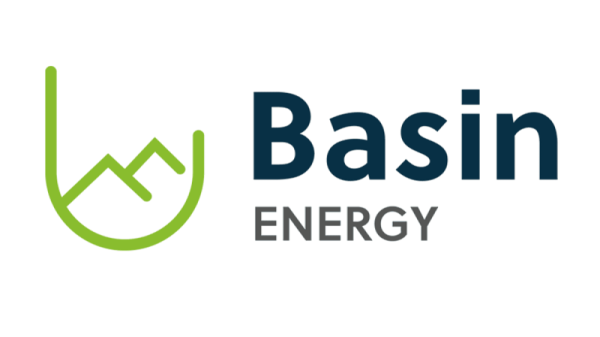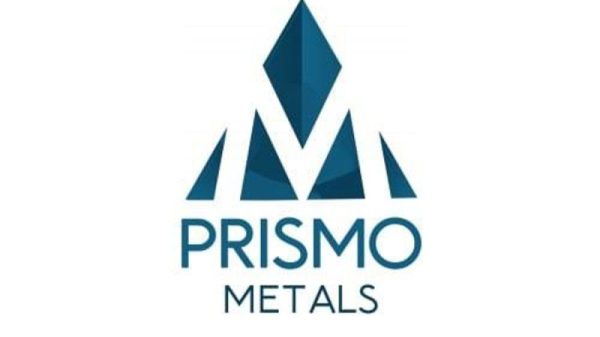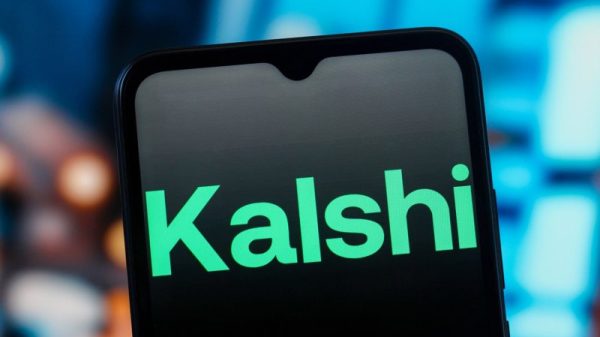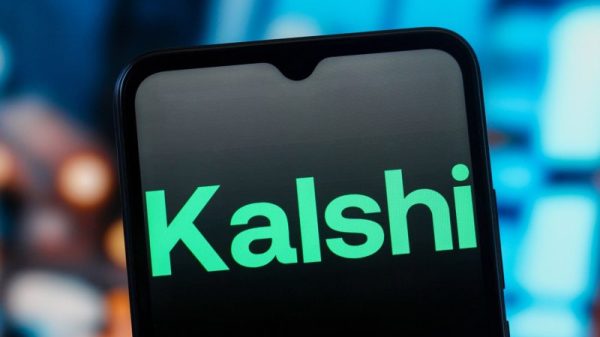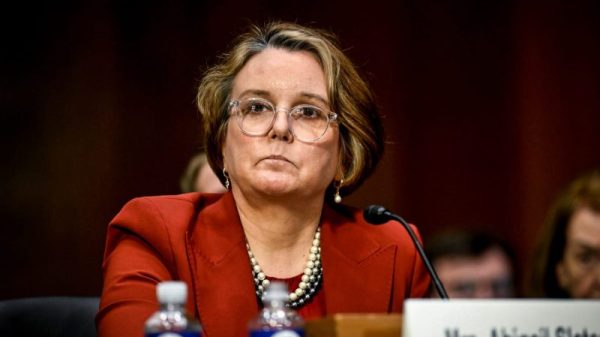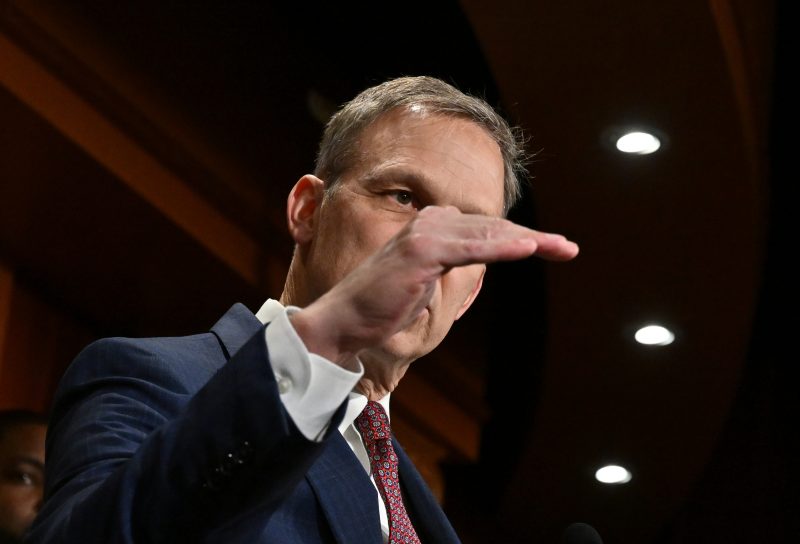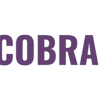On Dec. 30, 2020, Jeffrey Clark was nervous. He had just been told that Donald Trump was “very happy” with him.
“I’m praying,” the Justice Department official told Rep. Scott Perry (R-Pa.), who less than two weeks earlier had arranged for Clark to meet the president. “And wonder if I’m worthy or ready.”
“You are the man. I have confirmed it,” Perry replied. “God does what he does for a reason.”
The text exchange, briefly made public as part of a court dispute over special counsel prosecutors’ access to Perry’s phone, illuminates the extent of Perry’s involvement in the machinations that have led to criminal charges against both Clark and Trump over their attempts to prevent President Biden from taking office. The U.S. Court of Appeals for D.C. Circuit said that a district court judge needed to individually review roughly 2,000 communications to decide which ones were “speech or debate” — falling under a clause that grants members of Congress immunity from criminal investigation in their official capacities. But the same appellate panel on Wednesday exposed many of those messages by unsealing that lower court judge’s 51-page opinion, previously available only with heavy redactions.
The document was on the public docket for several hours Wednesday afternoon before being put under seal by the court again. The initial release came as the court granted a request by a news media advocacy group to unseal more of the record since aspects of the case have become public. A spokesperson for the court did not respond to a request for comment about why some material was resealed.
The day after Perry’s reassurance, Trump proposed making Clark the acting attorney general as part of an attempt to overturn the 2020 election results by telling officials in states that went for Biden that they could instead send electors for Trump to Washington. That plan was thwarted because of pushback from top Justice Department officials, who warned of mass resignations if Clark — previously an obscure environmental attorney — was put in charge.
The Justice Department first sought Perry’s phone records in August 2022. According to materials unsealed Wednesday, they asked for his communications with multiple people now facing criminal liability for their efforts to keep Trump in office: Clark, John Eastman, Jenna Ellis, Rudy Giuliani, Mark Meadows, Sidney Powell and Trump himself. All were charged in Georgia state court with taking part in a criminal conspiracy to undo that state’s election results; Ellis and Powell pleaded guilty to lesser charges. Clark, Eastman, Giuliani and Powell are also considered unindicted co-conspirators by federal prosecutors who charged Trump with illegal election interference.
Perry has not been charged with a crime. The House committee that investigated the Jan. 6, 2021, attack said he sought a preemptive pardon from Trump, something Perry has denied. Attorneys for Clark and Perry did not respond to requests for comment in time for publication.
Wednesday’s disclosures are unlikely to be news to Trump’s defense, which has already received the bulk of evidence prosecutors intend to use in his federal criminal prosecution. The full opinion likewise was already available to Perry’s attorneys, top attorneys for the House of Representatives, and parts of the Justice Department, even if case investigators have not been allowed to review Perry’s actual communications. Still, it is unclear if any of Trump’s alleged but unnamed federal co-conspirators could glean or piece together any new insights from the unredacted opinion.
When Clark wanted access to extremely sensitive intelligence about the election results, he again turned to Perry, the court documents show. In a text conversation beginning on New Year’s Day, Clark asked Perry to “tell the president that” Gina Haspel, then the head of the CIA, “needs to get me the tickets,” meaning Clark wanted access to highly classified, compartmented information. Senior U.S. officials often refer to their access to such closely guarded government secrets as “tickets.” To that request, Perry replied, “Roger,” and later texted Clark: “POTUS is giving you a presidential security clearance.”
According to a Senate report on election interference, Clark received a classified briefing on the election that same day confirming there was no evidence of any ballot or data tampering.
Perry also conveyed to Clark that Trump was “not thrilled” after the Justice Department moved to block in court an effort to expand Vice President Mike Pence’s power to overturn the election results. As acting assistant attorney general in charge of the Civil Division of the Justice Department, Clark’s name was on the filing, something Clark has pointed to in defending himself against the criminal charges in Georgia. But Clark told Perry that the career attorneys working under him were “rebelling … because they know time is short and they yearn for Biden.”
Perry also connected Pennsylvania state legislators who supported Trump’s fraud allegations with the former president’s campaign, and ferried wild claims to the White House and the public. He was in touch with Phil Waldron, a retired Army colonel who was key in spreading claims of voting-machine manipulation, and Ronna McDaniel, the head of the Republican National Committee. Retired Air Force Lt. Gen. Thomas G. McInerney, who had called on Trump to declare martial law, set up military tribunals, prevent the electoral college from meeting to confirm Biden’s victory and cancel the inauguration, asked Perry for help getting on Fox News.
“I will re-engage the targets,” Perry replied to McInerney, who had asked for help to get himself or Powell on Tucker Carlson’s show.
According to the court records, Perry was also in contact with other attorneys for the Trump campaign, with whom he shared ideas for challenging the election results.
The full context of the exchange between Clark and Perry in late December remains unclear, as do other exchanges between the lawmaker and people in Trump’s orbit. All are offered in partial form as part of then-Chief U.S. District Judge Beryl A. Howell’s determination that these communications were political discussions rather than legislative work protected by the speech or debate clause. Her opinion says only that the night before Trump proposed making Clark attorney general, Clark and Perry went on to discuss whether Trump would, in their words, “pull the trigger on something new” and make an “absolute decision.”
When the appellate court ruled that Howell’s decision was too broad, it directed her successor as chief judge, U.S. District Judge James E. Boasberg, to conduct a more detailed review of which records could be shared with prosecutors. That review remains pending.
The appeals court was responding to a request from the Reporters Committee for Freedom of the Press. The media legal advocacy organization has also asked a federal court in Pennsylvania to unseal the FBI affidavit used to justify seizing Perry’s phone. Legal director Katie Townsend said the group acted “so the public could better understand how the court of appeals resolved the case,” Townsend said. “There’s a lot of public interest in these cases, and rightfully so.”
The court asked both Perry and the Justice Department to file redacted versions of several documents while leaving the full versions under seal. Several other records in the litigation were unsealed Wednesday and remain on the docket.
Emma Brown, Amy Gardner and Aaron Schaffer contributed to this report.






